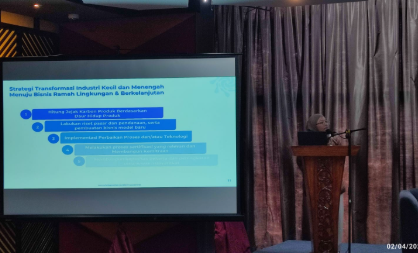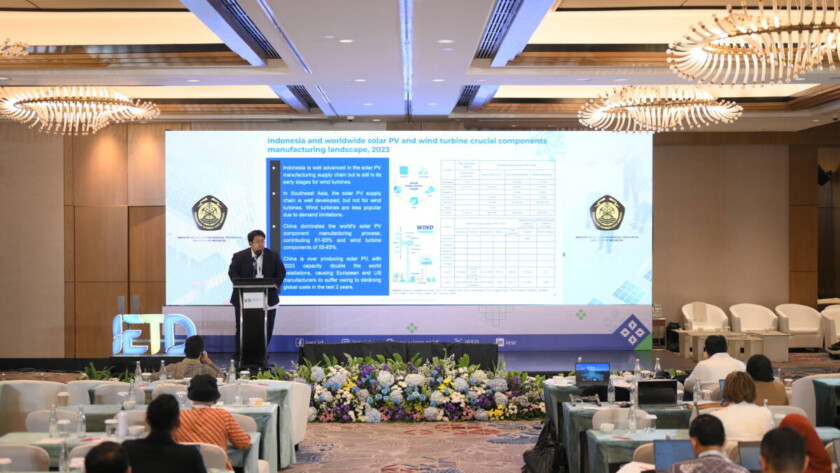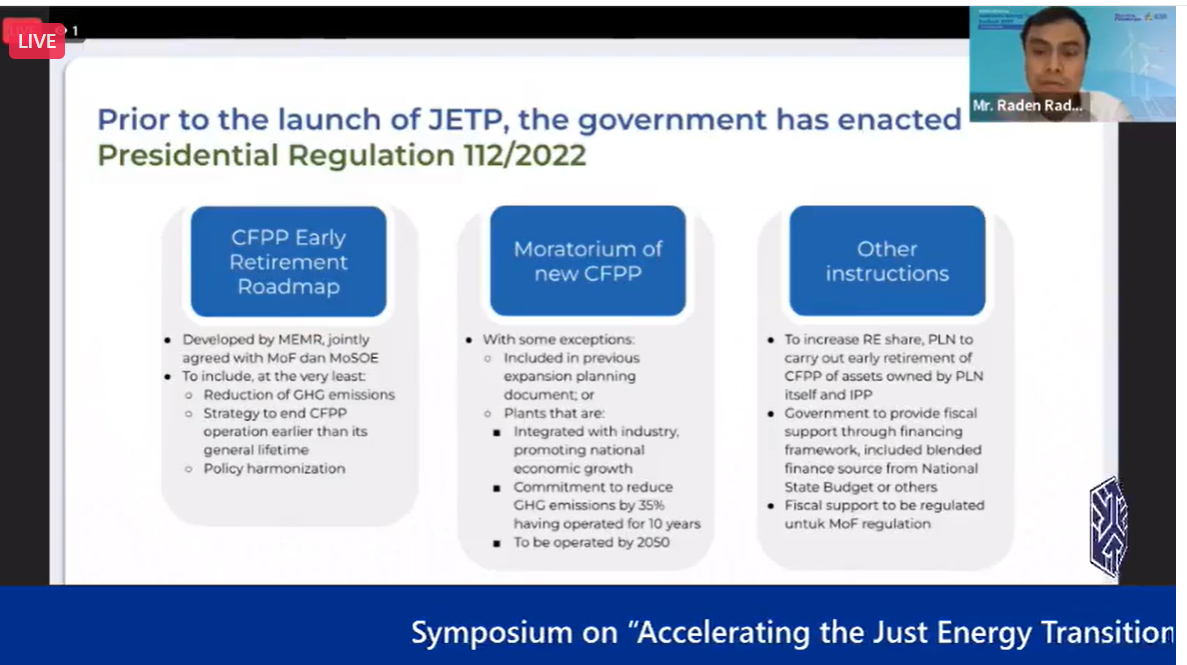Surabaya, February 4, 2025—The industrial sector in East Java continues to grow and contribute significantly to the national economy. The contribution of East Java's Gross Regional Domestic Product (GRDP) to the National Gross Domestic Product (GDP) reached 14.37 percent, with the manufacturing sector growing by 5.49 percent in the third quarter of 2024, surpassing the…





